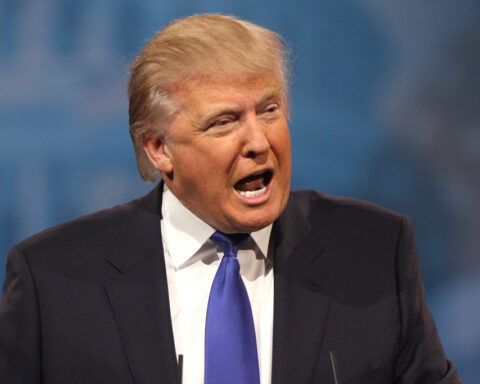French President Emmanuel Macron on Monday reportedly lost his fourth prime minister in just over a year, an extraordinary sign of how far France’s once-vaunted political system has drifted into paralysis amid mounting debt, public unrest, and deep divisions in parliament.
Sébastien Lecornu, who had served as prime minister for barely a month, abruptly resigned one day after naming his cabinet. His departure — the shortest tenure in the history of France’s modern Fifth Republic — underscored the turmoil engulfing Macron’s presidency and the fragility of his political standing.
Lecornu’s exit comes as France’s borrowing costs climb and confidence in the government’s fiscal stewardship falters. On Monday, France’s CAC 40 stock index fell 1.4%, while the yield on 10-year bonds jumped to 3.6%, surpassing Italy’s. Investors appeared rattled by the prospect of another leadership vacuum as Macron scrambles to produce a budget before year’s end.
The crisis has renewed calls for Macron to dissolve the National Assembly and call new elections. “There can be no return to stability without a return to the polls and the dissolution of the National Assembly,” said Jordan Bardella, president of the right-wing National Rally, on Monday.
Yet fresh elections could further weaken Macron’s already diminished ranks. His decision to dissolve parliament in 2024 paved the way for today’s fragmentation, empowering both the far right and the left at the expense of his centrist and conservative allies. “A dissolution will be hard to avoid,” said political researcher Olivier Rouquan, adding that Macron’s repeated failed appointments “create a need to re-legitimize his power.”
Macron appointed Lecornu — a longtime ally and former defense minister — in September after the collapse of Prime Minister François Bayrou’s government, which lasted less than nine months. Bayrou had provoked fierce backlash with a proposal to cut €44 billion ($52 billion) in public spending to rein in a budget deficit that ballooned to 5.8% last year.
Lecornu pledged to chart a new course, but quickly encountered the same gridlock that doomed his predecessors. Lawmakers on the left demanded higher taxes on the wealthy, while those on the right blamed France’s expansive welfare state for the fiscal shortfall.
As he formed his cabinet, Lecornu faced pressure from the establishment Les Républicains party to reward conservatives with top posts. Yet when he named former finance minister Bruno Le Maire as defense minister — a figure many conservatives blamed for the nation’s financial woes — he alienated both allies and opponents.
“When you’re part of a team, you need trust,” said Bruno Retailleau, the conservative leader who had been slated to become interior minister, accusing Lecornu of concealing Le Maire’s appointment.
Lecornu, in his resignation remarks, lamented the inability of lawmakers to put country before party. “It wouldn’t take much, perhaps a little selflessness, humility, putting certain egos aside from time to time,” he said.
Macron has so far resisted calls to appoint a prime minister from the leftist coalition that won the most votes in last year’s snap elections. That bloc — a mix of France Unbowed, socialists, and greens — has since fractured, leaving Macron with no clear path to a governing majority.
With France’s debt rising and political confidence collapsing, analysts say Macron may soon have no choice but to appoint a technocrat government to manage daily affairs. But as the president’s influence wanes and the country’s financial position weakens, few believe such a stopgap would last.
Jean-Luc Mélenchon, the far-left leader of France Unbowed, offered a blunt prescription for the crisis: “The only way to end this impasse is for Emmanuel Macron to resign.”
Macron, who has ruled that out, now faces a sobering reality — a presidency defined less by reform or renewal than by a government perpetually on the brink.
[READ MORE: Trump Pushes Forward on Gaza Peace Plan as Hamas Signals Conditional Acceptance]









